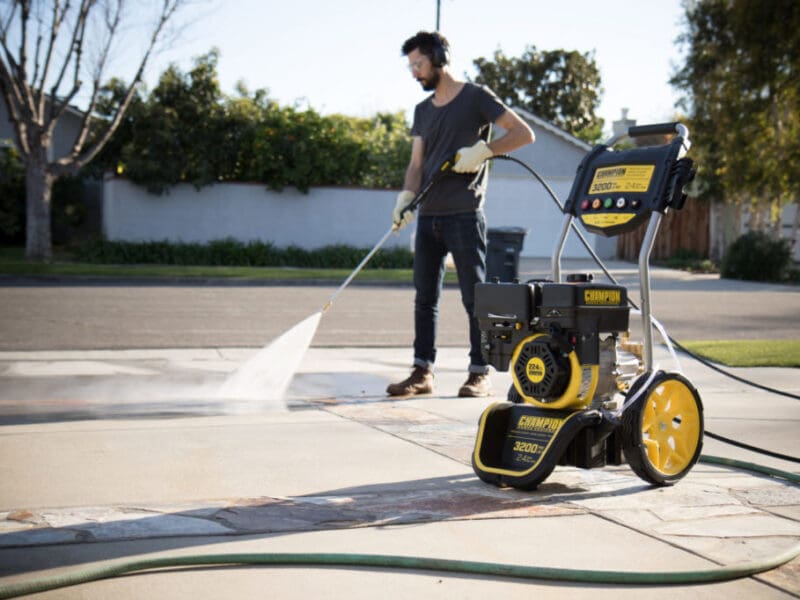
What Will Happen to Your 401(k) Account When You Leave Your Job?
When you leave your job, you will have numerous options for your 401(k) account. You might be able to leave your 401(k) account as it is. On the other hand, you can also roll over the money from the old 401(k) account of your previous employers to the new 401(k) plan of the employer or IRS. Even though it’s possible to withdraw the entire amount of money, keep in mind that you need to bear the tax consequences. This is why you need to understand all the available options before you take a decision.
Leave the 401(k) Account to You Former Employer
If the worth of your 401(k) account is more than $5,000, most plans will encourage you to leave the money where it is even after you leave your employer and seek a different job. If you’ve invested a significant amount of money in your 401(k) account, leaving the account to your former employer will undoubtedly prove to be a good idea. However, if you think that the investment plans offered by your previous employers are not effective, you can consider the other available options. However, if you want to leave your 401(k) account to your old employer, you won’t be able to make any further contributions.
Roll the Account Over to Your New Employer
If you’re planning to switch jobs, make sure you determine whether the new employer is capable of offering 401(k) investment plans or not. Additionally, you also need to ensure whether they support rollovers. Many employers ask their new employees to work for a certain time before their 401(k) retirement plan can be enrolled. You need to ensure your 401(k) account is active as well as ready to make proper contributions before you start to roll over the previous account.
Once you successfully enroll in the new retirement savings plan with your new and current employer, you will face no problem rolling over your 401(k) account. You can choose to have the administrator of the old plan to be deposited to your new account by filling out the paperwork. This is known as direct transfer, which can be made dependent on the custodian. This will undoubtedly save you from missing the deadline. Consider contacting solo 401k for more information.
You can also choose to transfer money from your old 401(k) account to be distributed in the form of a check, which is known as an indirect rollover. However, you need to make sure you’re depositing the funds to your 401(k) account properly.
Roll the Amount Over Into an IRA
If you’re not planning to move the 401(k) account from your old employer to your new employer, or if the new employer doesn’t offer a proper retirement plan, you will still have a good option which is rolling the amount of your 401(k) account into an IRA. As per IRS, there are different types of IRAs. Remember that you need to open that account on your own with the help of any financial institution you choose. The possibilities are limitless. This means that you don’t need to face any restrictions from the employer.
Conclusion
This is what will happen to your 401(k) account when you leave your job. Consider contacting us if you need more information about your 401(k) account.







